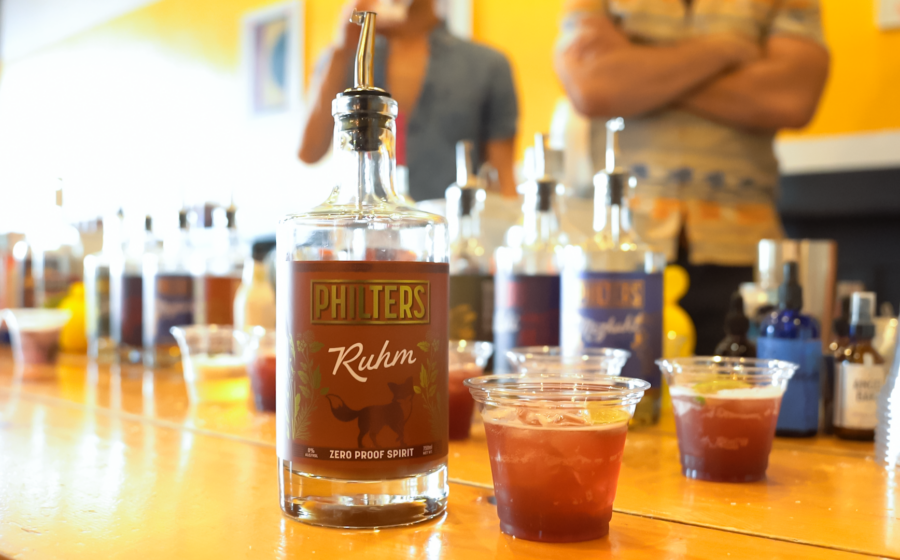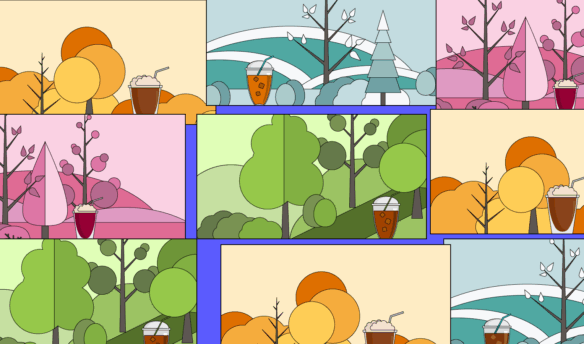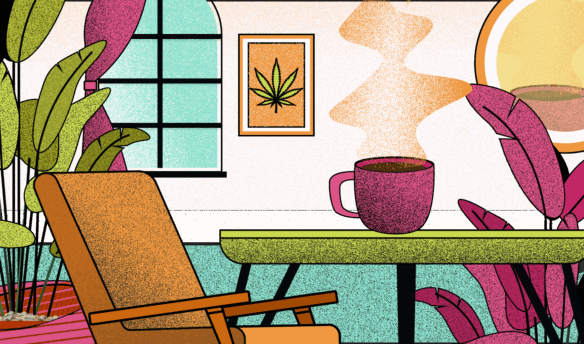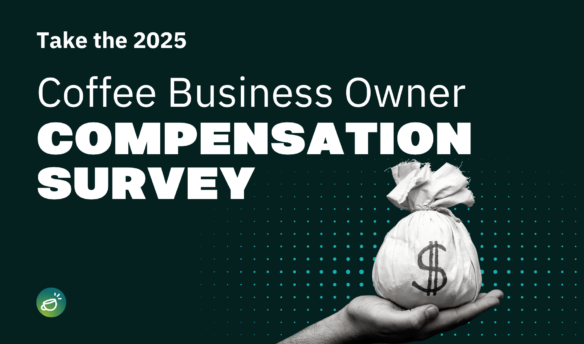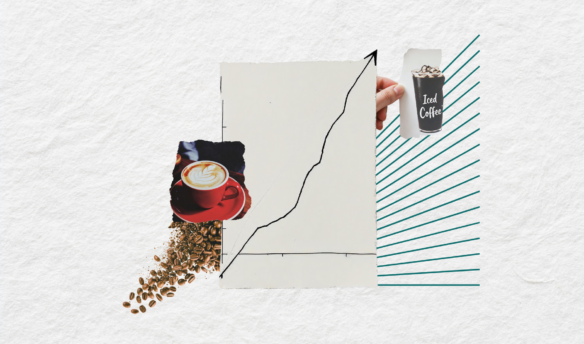This article is sponsored by our partner, Maya Tea’s Philters.
Changing cultural norms are reshaping how Americans drink. In 2024, 41% of U.S. adults planned to drink less alcohol than in years prior, and 36% of Gen Zers are going alcohol-free altogether.
Various labels have been attached to the low/no alcohol trend, like “mindful drinking,” “sober-curious,” and the “zero-proof movement.” Whatever you want to call it, people exploring low- and non-drinking lifestyles are fueling a fast-growing non-alcoholic mocktail swing that is quickly moving out of the bar and into grocery stores, retail shelves—and coffee shops.
With the right tools in place, coffee shops are well-positioned to capitalize on this momentum and welcome new patrons with exciting craft alcohol-free drinks.
Welcome to the Zero-Proof Era
Public opinion on alcohol and its impact on health has shifted dramatically over the last few years. A 2024 Gallup poll found that 45% of Americans now believe consuming even one or two alcoholic beverages per day is bad for one’s health, up from 28% in 2018.
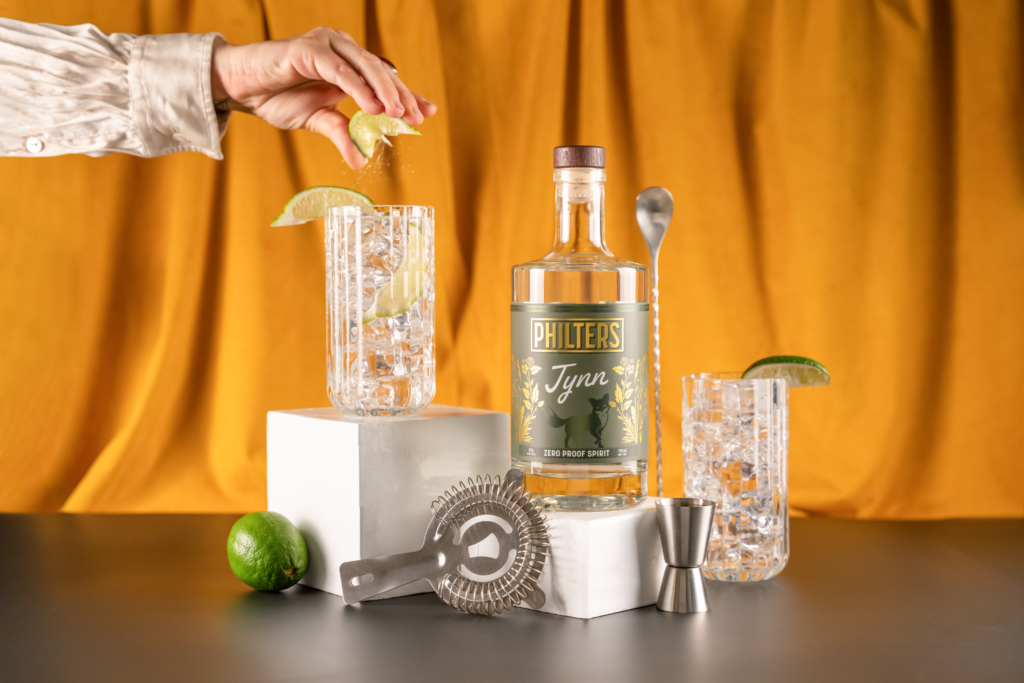
But declining preference for alcoholic drinks doesn’t mean American adults are enjoying themselves any less. Mentions of mocktails on restaurant menus have surged 37.4% since 2019, including a 9.6% jump in 2023 alone, according to Technomic’s Ignite Menu data. And the appearance of mocktails is no longer limited to specific time periods or occasions, like Dry January or Sober October.
“Mocktails have had a dramatic increase in popularity over the last year, and it’s a trend we continue to see grow,” Steven Marshall, lead bartender of Dirty Habit at Hotel Zelos in San Francisco, told Nation’s Restaurant News. “So many people have decided to forego alcohol for various different reasons, but still want to partake in the various celebrations, festivities, and experiences that bring people to the bar.”
Why Coffee Shops Are Well-Positioned
Coffee shops are already used to bucking tradition and offering creative signature drinks that go beyond the typical beverages you see on most menus. For a shop to expand its menu to include mocktails with zero-proof spirits is not a far stretch.
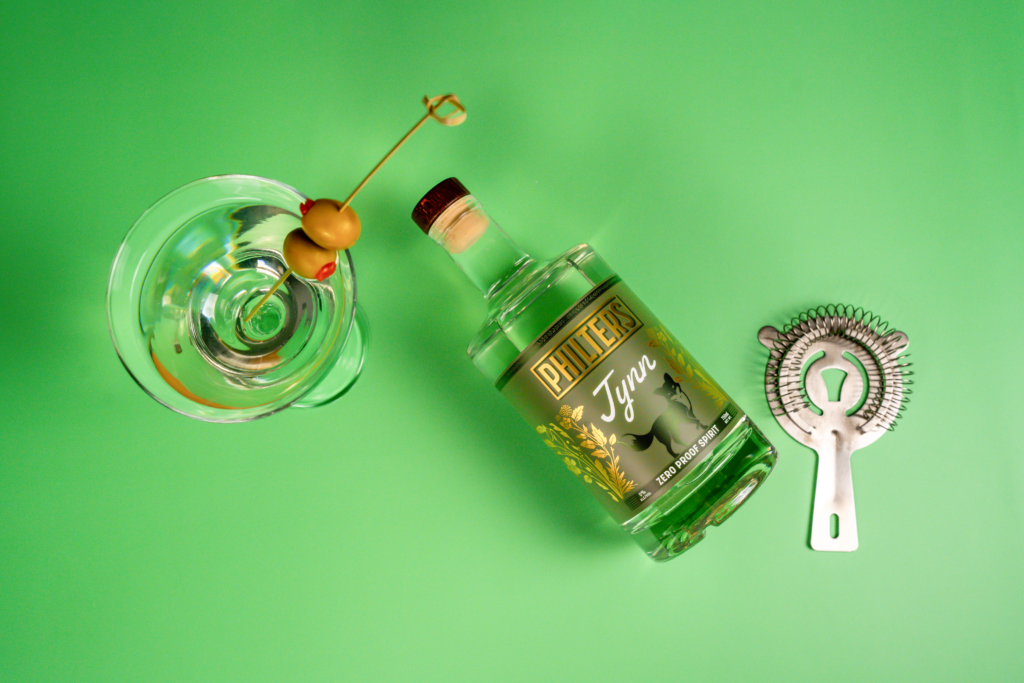
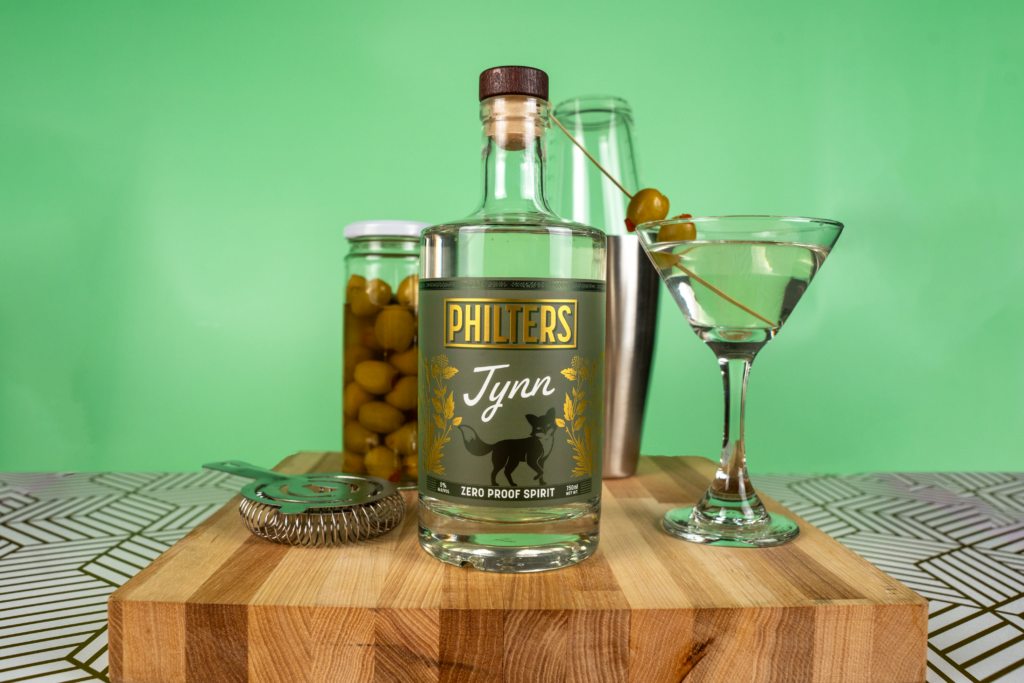
“Coffee shops are the ultimate dry bar,” says Manish Shah, founder of zero-proof spirits maker Philters and tea purveyor Maya Tea. Philters provides alternatives to traditional spirits named Wiski, Jynn, Mezkahl, and Ruhm. “They have all the tools, ingredients and recipes to begin serving drinks beyond the typical cafe menu.”
Many cafes across the country are proving Shah’s point. Shops like Sleepyhead Coffee in Chattanooga, Tennessee and Discourse Coffee in Sister Bay, Wisconsin, are crafting sophisticated non-alcoholic menus that rival traditional cocktail bars.
At Café à la C’Art in Tucson, Arizona, zero-proof drinks have become a cornerstone of the business. “We have a very popular list of non-alcoholic beverages that we make in house … in addition to all the coffees we serve,” says owner Chana Geller.
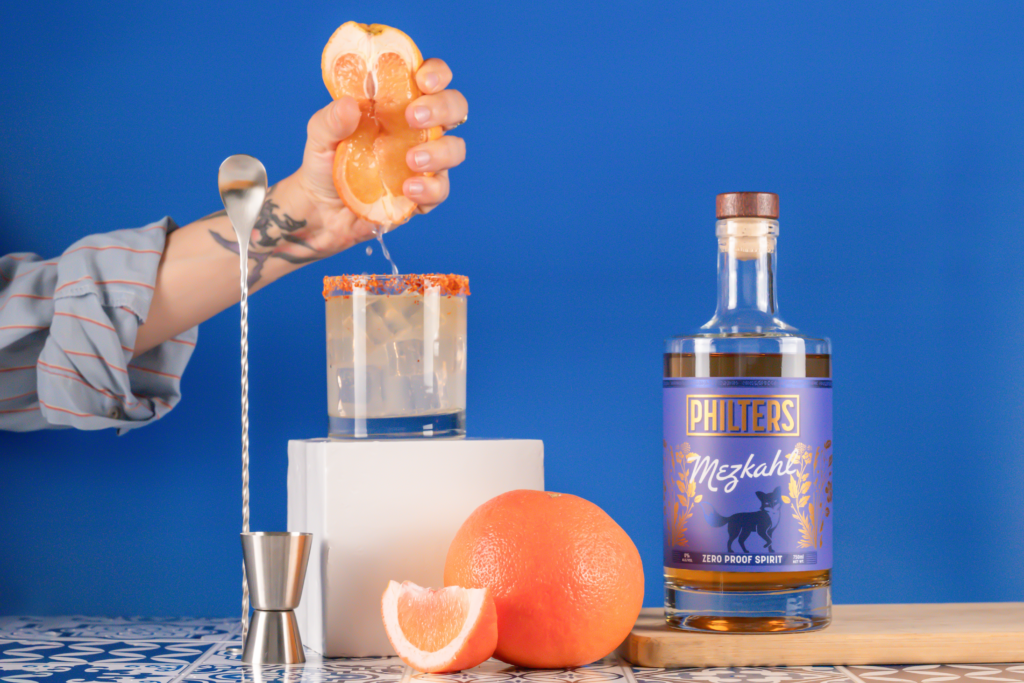
Geller says Philters has allowed her to expand the cafe’s mocktail menu and offer a new spectrum of drinks. “Dry January isn’t something we necessarily promote, because we offer these beverages all year round, but Maya Tea’s Philters go right in line with what we already offer.”
Implementing a Craft Mocktail Menu
Launching a mocktail menu might sound daunting, but Shah encourages coffee shops to focus on quality. “The best menu strategy is making a great product,” Shah says.
He also believes that the creative energy that fuels signature drinks can help baristas craft new and exciting mocktails. “Once baristas unleash their potential creativity, the demand will come,” Shah says. He suggests implementing happy hours or weekend events to spotlight mocktail offerings.
Integrating mocktails into the menu comes naturally, Geller says. “With what we are already doing here, incorporating mocktails is an easy transition. Especially for daytime and brunch, using juices, fresh fruits, and herbs goes right in line with what we already offer.”
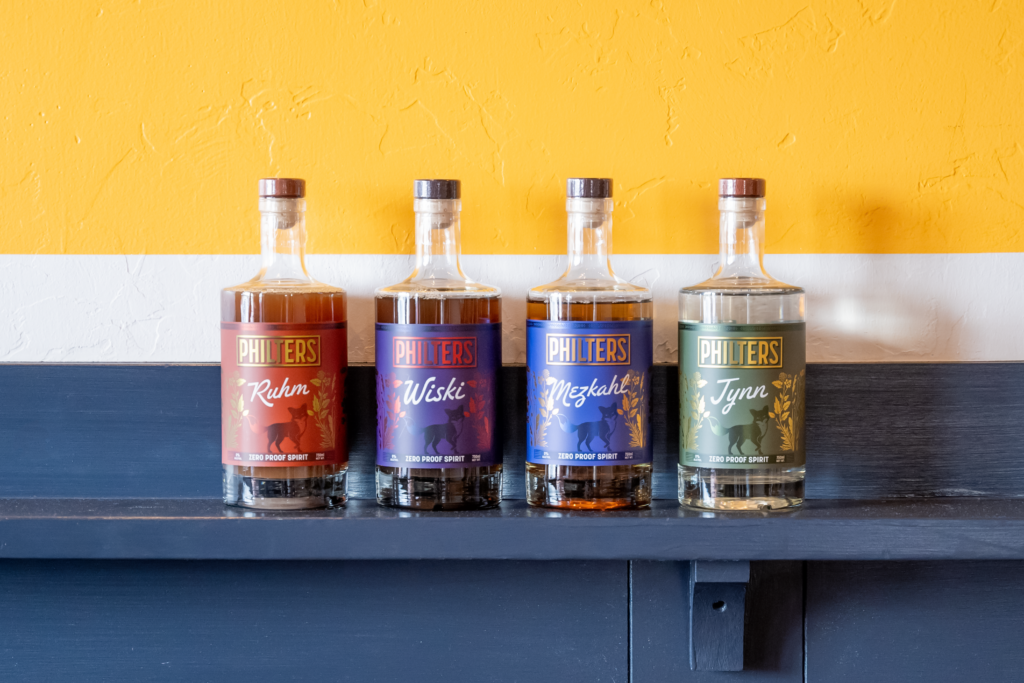
Marketing these beverages requires minimal adjustment to existing promotional strategies. Geller finds success by marketing Café à la C’Art’s mocktail menu on social media or prominently displaying a board with the mocktail offerings, noting that visibility drives sales.
Adding mocktails to your menu can also make a significant financial impact. Paul Macaluso, CEO of Another Broken Egg Cafe, a brunch chain headquartered in Florida, told Nation’s Restaurant News that mocktails now comprise 3–5% of total sales. While the chain’s alcohol-free options are priced lower than traditional cocktails (around $6 compared to $10-11), he says the profit margins remain comparable because ingredients for mocktails cost less.
As the mindful drinking movement continues to gain momentum, coffee shops are poised to jump in on the action. Most shops have the existing infrastructure and bartender-like baristas to make them natural players in the craft non-alcoholic beverage space. For many cafes, it’s not a question of if they should enter the mocktail market—but when.
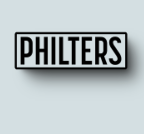
Sponsored by Philters by Maya Tea
Philters, created by Maya Tea Company, offers a line of zero-proof spirits that combines classic infusions with modern functional ingredients. Crafted by plant-based beverage veterans with over 25+ years of experience, the Philters portfolio includes alternatives to traditional spirits named Wiski, Jynn, Mezkahl, and Ruhm.



